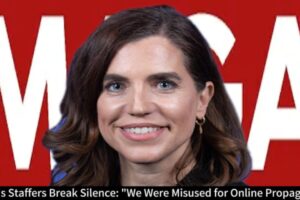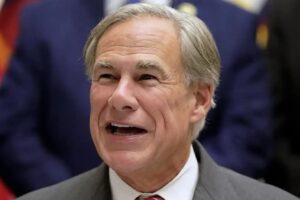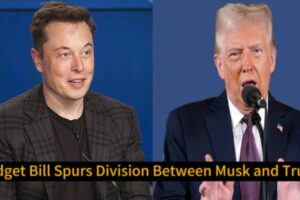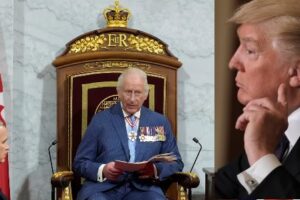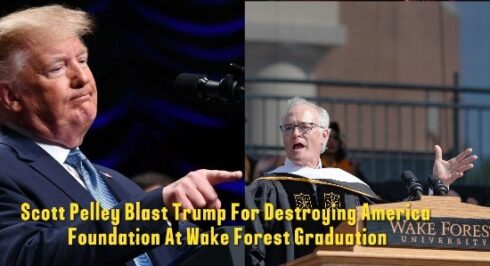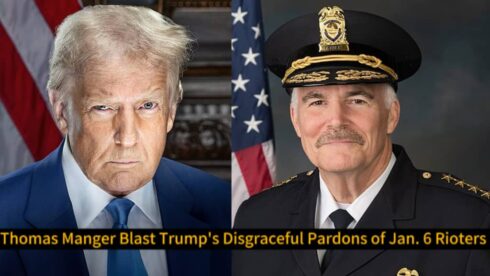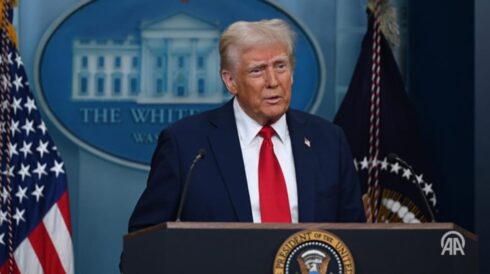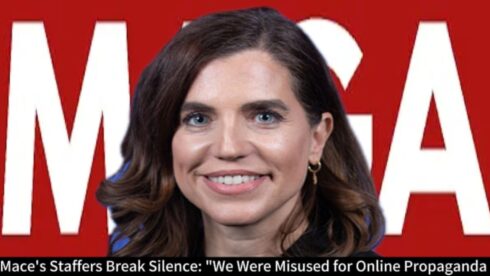CBS journalist Scott Pelley delivered a sobering and impassioned commencement address at Wake Forest University on May 19, warning graduates that key pillars of American democracy—law, journalism, and education—are under sustained assault. Without naming names, Scott Pelley decried the “insidious fear” permeating society, a subtle but unmistakable reference to recent political dynamics, including the media’s battle with Donald Trump.
Describing a society where “power reshapes reality through misinformation,” Scott Pelley urged graduates to resist manipulation and misinformation. He framed the class of 2025 as “fierce defenders of democracy” and a “vanguard against ignorance,” challenging them to protect truth and civic responsibility in an era of rising political and media hostility.
Political Uproar: MAGA World Reacts
The reaction from conservative circles was immediate and vitriolic. Supporters of President Donald Trump condemned Pelley for what they viewed as a thinly veiled political attack during what should have been a neutral academic ceremony. Prominent MAGA voices on social media called the speech “unhinged” and “divisive,” accusing Scott Pelley of using the podium to score partisan points.
Many critics cited irony in Scott Pelley’s words, noting that CBS—his longtime employer—is embroiled in a $20 billion defamation lawsuit filed by Trump. “The hypocrisy is breathtaking,” one conservative commentator posted on X (formerly Twitter). “He rails against misinformation while CBS stands accused of editing an interview to smear Trump’s VP pick.”
The CBS-Trump Clash: A Brewing Storm
The timing of Scott Pelley’s remarks comes amid an intensifying legal and reputational battle between CBS News and Donald Trump. At the heart of the conflict is a controversial “60 Minutes” interview with Vice President Kamala Harris that Trump claims was deceptively edited. The lawsuit, filed earlier this year, accuses CBS of intentional defamation and demands $20 billion in damages.
In recent weeks, signs of a potential shift in CBS’s posture have emerged. The abrupt resignation of CBS President and CEO Wendy McMahon has been interpreted by insiders as an attempt to facilitate a settlement, possibly as a strategic move to secure federal approval of a merger between Paramount and Skydance Media. Mediation between the parties began in April, further raising the stakes around any public commentary from CBS figures like Pelley.
Journalism Under Fire: Scott Pelley’s Core Message
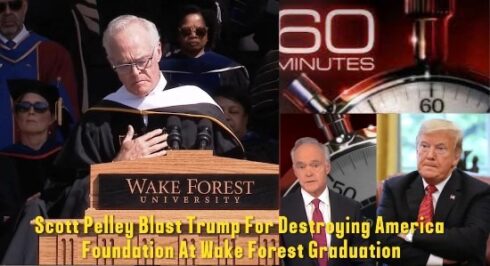
While the political backlash has dominated headlines, Scott Pelley’s message also resonated deeply with advocates of press freedom. Throughout his career, Pelley has been an unwavering defender of the First Amendment, frequently reiterating that “freedom of the press is the right that guarantees all the others.” In his speech, he reminded students that truth-telling is a patriotic act, not a partisan one.
Pelley’s remarks serve as a broader commentary on the increasing dangers faced by journalists in polarized political climates. “Democracy depends on the facts,” he said, calling on the next generation not just to participate in democracy, but to protect it through integrity, inquiry, and resilience.
Wake Forest Responds: Divided Yet Reflective
The university community itself has offered a range of responses. Some students and faculty applauded Pelley’s boldness, saying the speech was an essential wake-up call. “He spoke truth to power in front of tomorrow’s leaders,” one graduate said. “That’s exactly what a commencement address should do.”
Others, however, expressed discomfort with the political undertones. “It felt like he hijacked our graduation for a political lecture,” one parent commented. The university has not issued an official statement on the controversy, but Wake Forest President Dr. Susan R. Wente praised the address for “encouraging civic engagement and critical thought.”
The Political and Media Fallout
As CBS navigates legal challenges and corporate restructuring, Pelley’s address is likely to remain a flashpoint in the culture wars. Whether it was a brave act of journalistic conscience or an ill-timed political provocation will depend on whom you ask. One thing is certain: in a media environment shaped by mistrust and legal threats, every word from high-profile journalists carries heightened weight.
For many Americans, the speech will be remembered less for its controversy and more for its call to action. In warning of democracy’s fragility, Pelley placed the responsibility squarely in the hands of a new generation—one that must decide whether to inherit institutions as they are, or defend and reform them as they ought to be.



